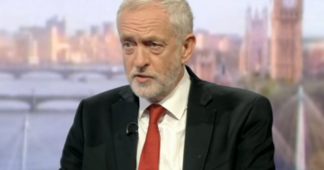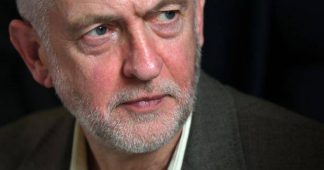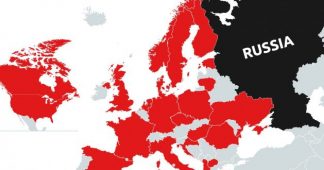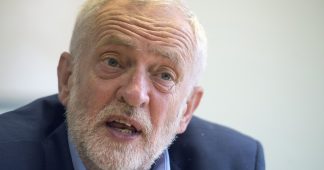Bearing in mind Iraq and the general anti-Russian consensus, I am reluctant to trust what ministers were saying. If there was cast-iron evidence that the Russian state ‘did it’, then the existence of such evidence could not just be taken on trust
By Mary Dejevsky
Over the past month, Theresa May has received widespread praise for her handling of the ever stranger Skripals affair. Her response can even be said to have revived her fortunes as prime minister and Conservative Party leader, at a time when she was under fire for taking too hard, or more often too soft, a line on Brexit. It was seen as speedy, calm, multilateral, forthright and tough – exemplifying many of the very qualities she was accused of lacking.
Of course, it was a relatively easy call: the iniquities of today’s Russia are something most Conservative MPs, indeed, most MPs full stop, can agree on. Then again, seeing an opportunity and seizing it are what so much of politics is about.
But could – should? – that verdict on Theresa May now be revised? It now seems that the air of utter certainty which has distinguished the approach of the prime minister, the foreign secretary and the defence secretary from the start, and persuaded the vast majority of EU countries and a host of others to join a collective expulsion of Russian diplomats, might have been – how shall we say? – a tad premature.











